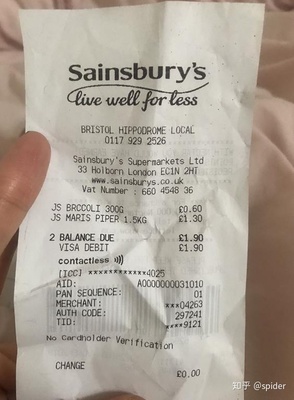When it comes to operating a foreign supermarket, one common question that often arises is whether or not it needs to be registered. The answer is not straightforward and depends on various factors and the specific regulations of the country or region where the supermarket is located.
In many countries, registering a supermarket is a legal requirement. This registration process serves several important purposes. Firstly, it helps to ensure the proper operation and compliance of the business with local laws and regulations. It provides a legal framework within which the supermarket can operate, protecting the rights and interests of consumers, employees, and other stakeholders.
For example, in the United States, each state has its own set of regulations regarding business registration. Supermarkets typically need to obtain a business license, which may involve submitting various documents such as the business plan, proof of ownership, and information about the management team. Additionally, they may need to comply with health and safety regulations, food handling standards, and other industry-specific requirements. Failure to register a supermarket or comply with these regulations can result in penalties, fines, and even the closure of the business.
In Europe, the situation is similar, but there are also specific European Union (EU) regulations that apply to cross-border supermarket operations. EU member states have their own national registration requirements, but there are also common rules and standards that must be followed. Supermarkets operating across borders need to ensure that they comply with both the national and EU regulations to avoid legal issues.

However, it's important to note that the registration requirements can vary significantly from one country to another. Some countries may have more lenient regulations, while others may have more stringent requirements. For instance, in developing countries, the registration process may be relatively simpler and less bureaucratic, but it still requires compliance with basic legal and regulatory standards. On the other hand, in highly developed countries with strict regulatory environments, the registration process can be more complex and time-consuming, involving multiple agencies and a thorough examination of the business operations.
Moreover, even within a single country, there may be differences in registration requirements depending on the type of supermarket and the products it sells. For example, a supermarket that sells only non-food items may have different registration requirements compared to a supermarket that sells perishable food products. Specialized supermarkets, such as organic food supermarkets or ethnic grocery stores, may also have additional regulations and registration requirements due to the nature of their products.
In addition to legal registration, there are also other considerations that supermarkets need to take into account. This includes obtaining necessary permits and licenses for activities such as food storage, sales, and delivery. They may also need to register with relevant tax authorities to ensure compliance with tax laws and pay the appropriate taxes.
Furthermore, supermarkets need to establish proper accounting and record-keeping systems to track their financial transactions and comply with financial reporting requirements. This is important for both internal management and external audits.
In conclusion, whether a foreign supermarket needs to be registered depends on the specific legal and regulatory environment of the country or region. While registration is generally a necessary step to ensure legal compliance and the proper operation of the business, the requirements can vary significantly. Supermarkets must carefully research and understand the local regulations and requirements and take the necessary steps to obtain the required registrations and permits. Failure to do so can lead to legal issues, financial penalties, and even the closure of the business. It is essential for supermarket owners and operators to seek professional legal and regulatory advice to ensure compliance and the smooth operation of their businesses.
继续浏览有关 国外超市需要注册吗英文怎么说国外超市需要注册吗英文翻译国外超市需要注册吗英文版国外开的超市国外开超市都具备什么条件国外开超市怎么进货的国外超市进入中国市场有几个名称超市在国外叫什么国外开超市赚钱吗国外超市选址有什么要求 的文章
文章评论